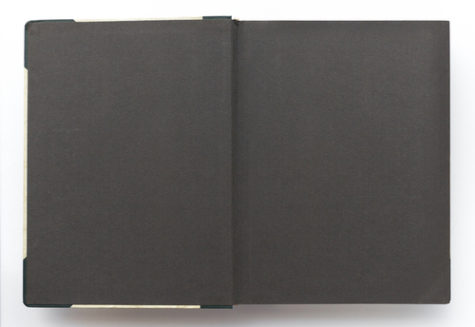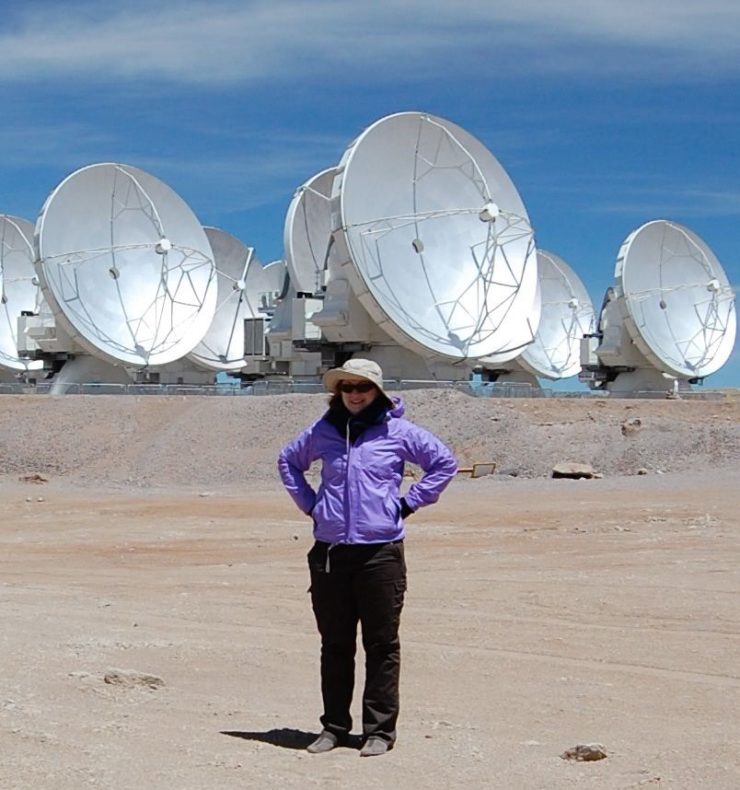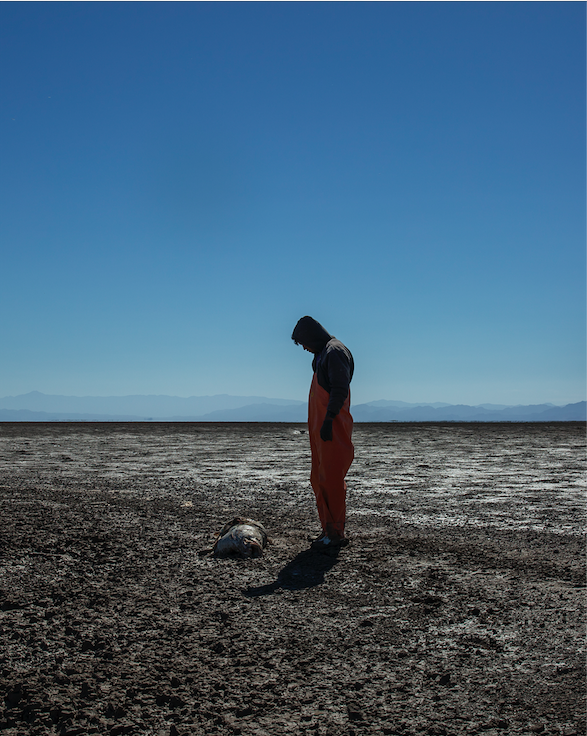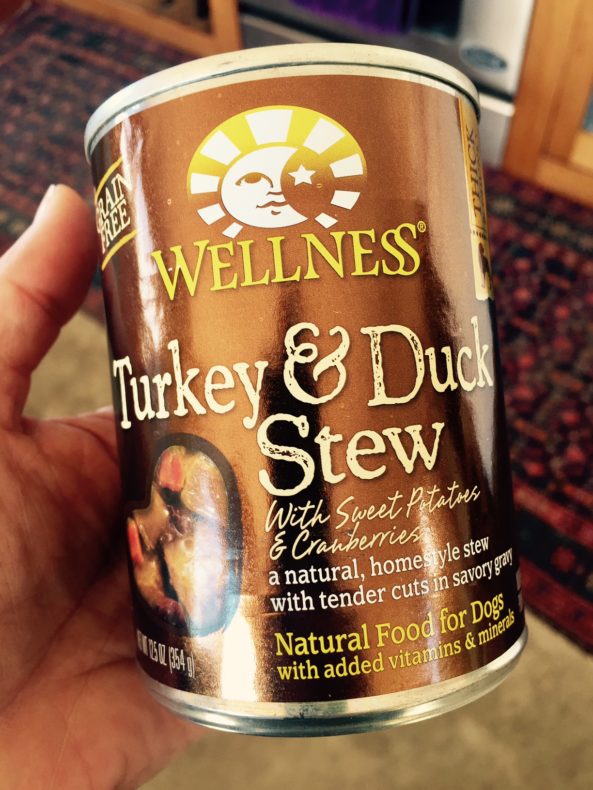 This post ran back in June 2016 after the shooting in the Orlando nightclub. I’m running it again because, sadly, it is as relevant as ever. The atrocities keep coming, and as a writer I continue to feel unsure of how to handle them. (Here’s what’s happened since then.)
This post ran back in June 2016 after the shooting in the Orlando nightclub. I’m running it again because, sadly, it is as relevant as ever. The atrocities keep coming, and as a writer I continue to feel unsure of how to handle them. (Here’s what’s happened since then.)
————
I’ve been working on a couple of essays over the last week, knowing I had to fill this space. But when the time came to post one of them, I couldn’t do it. The subject was too irrelevant, too glib in the shadow of yet another sick fuck shooting innocent people. It didn’t belong.
This is not the first time I’ve paused before posting my work, even when I felt extra good about the piece I’d written. Occasionally there’s a collective change in tone that makes the text feel out of place in any public forum. When readers’ attention has been yanked in a single direction, it’s hard to lure them back—and under tragic circumstances it feels wrong to try.
I’d imagine that most writers who publish on the Web have experienced this awkward mental flip-flop, questioning the validity and timing of their work before hitting “post.” As one who often covers quirky animal science or, here on LWON, personal absurdities from colonoscopies to battles with beach fleas, I’ve finally named the feeling because it has become so familiar. I call it J-Shame (for Journalists’ Shame). It hits when your beat is way out of synch with a big tragic thing that’s on everyone’s mind. It shrivels your confidence and embarrasses you for not taking on something with bigger-picture importance.
The big thing this time, not that anyone needs reminding: A man walked into a gay club in Orlando and started shooting, shooting, no need to pause because his assault rifle was packed full. He killed 49 people, last I checked, and injured more than 50 others—young people who were drinking and laughing with friends and lovers, who were posing, goofing off, dancing. In the end the shooter died, too, which I’d imagine is no comfort to those who lost loved ones in his massacre.
Of course, when people commit hate crimes or terrorist crimes (is there really a distinction?), the news doesn’t cease covering other subjects even if the tragedy holds its place on page one, above the fold. (That’s newspaper speak, for those who have never had Sunday-morning ink on their hands.) So really, if I happen to have written a mildly amusing article about E. coli from the bacterium’s point of view, I shouldn’t be ashamed to put it out there.
And yet, I am. I am.
Because one guy was hiding in a bathroom and texting his mother throughout the killing spree. He called her “mommy” and told her to call the police and that he loved her, and that he was scared, until he stopped texting because he’d been shot dead. For hours she waited to see more words from him, not knowing, but suspecting, what his silence meant.
These brutal acts are unfathomable, yet so familiar. We’ve endured a slew of mass shootings—is it 15 just during Obama’s administration?—in elementary schools and high schools and churches, on college campuses and in theaters and offices, at cafes and concerts. We’re flailing our arms against the madness, caught unprepared time and again.
Mostly we follow these tragedies from a distance, and we go through our helpless motions: Post a line or two of sympathy on Facebook, change our profile pictures to show solidarity, recount the worst bits we’ve read with friends at work or strangers on the train. Debate the killer’s motive, scroll through photos of the victims (so young!), think about how quickly a nutcase with a gun and a heart full of hate can ruin so many lives. Talk about the problems with gun laws and untreated mental illnesses, rant about the government or the NRA. You and your friends at work and strangers on the train all agree—something has to change.
Lots of journalists are driven to write about these tragic events, to report each moment in cringeworthy detail; I’m not one of them. But I found out this week that my J-Shame keeps me from offering a distraction. Even if a silly article about a cat befriending a goat might give a few people a brief reprieve from sadness, I’m not sure there’s good in rushing to normalcy. Sitting and staring at tragedy, even if we feel helpless in our response, is necessary and deserves time no matter how painful. Who am I to dictate when we look away? So I’m shutting down my screen, prepared to wait.
—
Photo: Shutterstock

 This post ran back in June 2016 after the shooting in the Orlando nightclub. I’m running it again because, sadly,
This post ran back in June 2016 after the shooting in the Orlando nightclub. I’m running it again because, sadly, 




 The two of us moved in together a few weeks ago. With a moving truck, towering boxes of books, and every edible thing she could remove from her previous household, we merged lives. Whose tea strainer should we keep, whose collapsible metal steamer, whose box of African rooibos?
The two of us moved in together a few weeks ago. With a moving truck, towering boxes of books, and every edible thing she could remove from her previous household, we merged lives. Whose tea strainer should we keep, whose collapsible metal steamer, whose box of African rooibos?